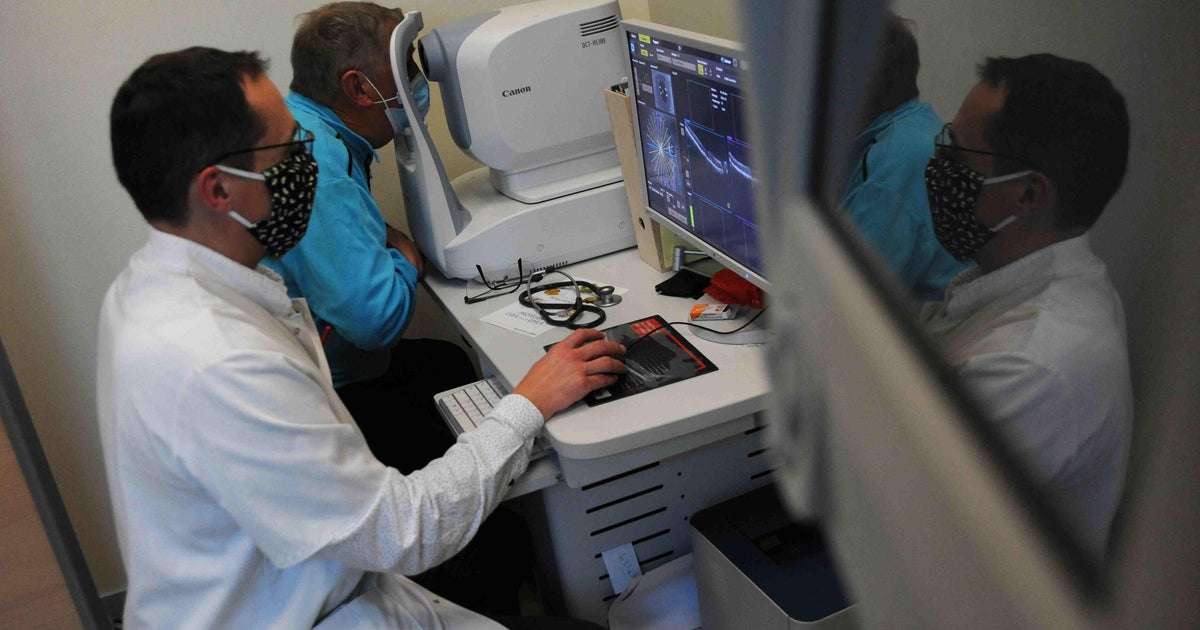
Rising heat threatens female-male ratio of India’s unique gharial crocs
For India’s critically endangered gharial, a fish-eating crocodile with a slender snout that ends in a bulbous growth, heat is emerging as a major threat, reports contributor Sneha Mahale for Mongabay India.
Nest temperatures are rising, researchers wrote in a new study, which could be skewing the sex ratio of hatchling gharials (Gavialis gangeticus) more toward females.
The sex of gharial hatchlings, as with other crocodiles and sea turtles, is determined not by chromosomes but by nest temperatures during incubation. Temperatures at or close to 32° Celsius (89.6° Fahrenheit) produce males, while at temperatures at or below 31.5°C (88.7°F) and above 33.5°C (92.3°F), females dominate, Surya P. Sharma, study lead author and a scientist at the Wildlife Institute of India, told Mahale.
“Since crocodilians, including gharials, have temperature-dependent sex determination, we suspected that rising ambient and nest temperatures, likely driven by climate change and habitat alterations, might be altering hatchling sex ratios and shifting population dynamics,” Sharma said.












